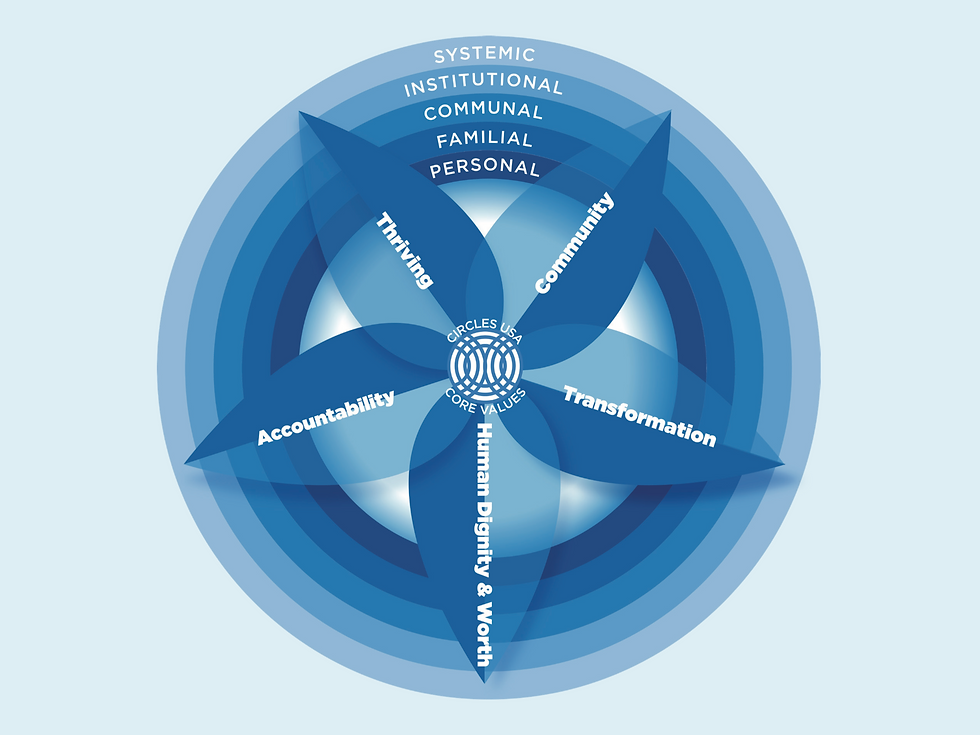Shifting the Mindset on Poverty: Part 2 of 3
- Sep 4, 2020
- 2 min read
Updated: Oct 6, 2024

So, at the risk of sounding overly simplistic about how to fix a problem that we have spent trillions of dollars not solving since the War on Poverty was launched 50-plus years ago, let me break it down in this way:
Get over the idea that “the poor will always be with us.” My theological colleagues have assured me that our society takes this biblical quote out of context, using it as an excuse for not committing to the moral imperative of ending poverty within our lifetime.
Let go of addressing poverty as simply a humanitarian cause. Poverty is a major economic development problem. It must be solved in order to sustain and grow our local economies. The greater the number of qualified workers in our community, the abler we are to attract and grow businesses. The more good jobs, the less poverty burden we carry as taxpayers. The economic development strategies in most communities are antiquated and must be updated to meet a rapidly changing economy. If your community does not have a robust and well-staffed economic development program, your community’s poverty will rise without question. The more poverty you have, the less able you are to achieve new economic growth.
Realize that those of us who were raised in middle-income and upper-income backgrounds typically have a poverty IQ that is too low to create effective policy. We are not qualified to run anti-poverty programs on our own. We must have the input, guidance, and poverty IQ of those who have experienced poverty. That is why Circles USA programs have been co-designed by people who found ways out of poverty.
Know that providing charity in isolation without long-term problem solving is typically counterproductive. The safety net must be tightly coupled to long-term goal setting, support, and career development. Do you ever wonder why the food pantries need more money every year? Ask them if they are referring people to programs that provide long-term supports and pathways out of poverty. But understand, too, that in many communities there are no programs to refer people to which focus on supporting people out of poverty.
From the book: Enough Money, Meaning & Friends ~ By Scott C. Miller
To learn more about Scott Miller, please see his website here.





Comments